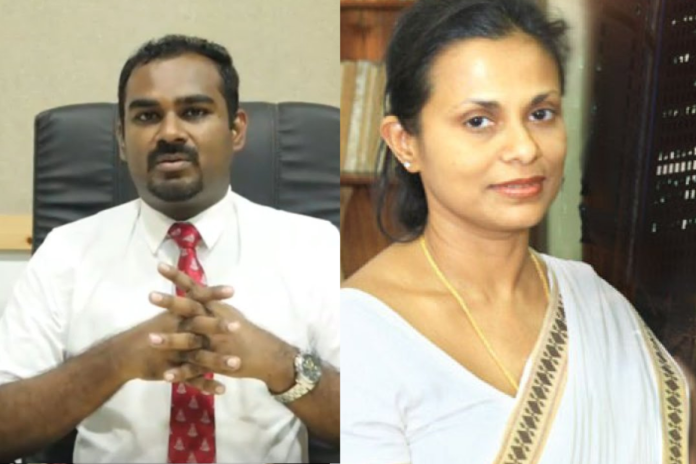The Government Medical Officers’ Association (GMOA) has called on the Ministry of Health to urgently introduce clear guidelines and protocols to address ongoing issues in the public healthcare system, following public outrage and an investigation into a neurosurgeon attached to the Sri Jayewardenepura Hospital.
GMOA Spokesperson Dr Chamil Wijesinghe clarified that the doctor in question is not a member of the GMOA and said the association would not intervene in the ongoing investigation. He stressed that any allegations of financial misconduct or disruptions to patient care must be handled by relevant authorities, including the Bribery Commission, Criminal Investigation Department (CID), the Health Ministry, and the Sri Lanka Medical Council.
“The GMOA is not prepared to intervene in such investigations. We are not here to protect wrongdoers, but to protect and strengthen the health system,” he said.
He warned, however, that the controversy surrounding the neurosurgeon has exposed a broader concern within the country’s medical community, particularly regarding the lack of critical supplies and support in hospitals. Due to ongoing shortages of essential drugs and surgical equipment, doctors have often had to obtain necessary materials externally, under significant risk, to ensure patient care is not disrupted.
“These practices have been carried out not for personal gain but to sustain high-quality care under challenging circumstances. Now that very effort is being threatened,” Dr Wijesinghe said.
He noted that even the Health Minister has acknowledged the drug shortages. “When essential medicines or emergency surgical items are not available, doctors cannot wait months for procurement processes to conclude. They are forced to take quick decisions for the benefit of the patient.”
However, he added that the absence of a formal system or protocol to govern such decisions has left doctors exposed and vulnerable to potential repercussions, creating an atmosphere of uncertainty and fear within the medical community.
In this context, the GMOA has formally requested a meeting with the Minister of Health to discuss the challenges and advocate for immediate policy-level solutions, including the introduction of a defined framework for decision-making during medical supply shortages.
“The Ministry must take responsibility and introduce short- and medium-term measures to support frontline healthcare workers. Without this, doctors may hesitate to act in the best interest of patients, fearing personal or legal consequences,” Dr Wijesinghe warned.
He concluded by urging all stakeholders to work together to protect the country’s public healthcare system and maintain uninterrupted, high-quality patient care.






